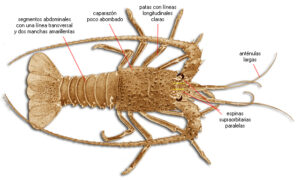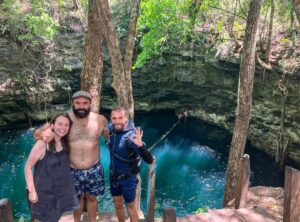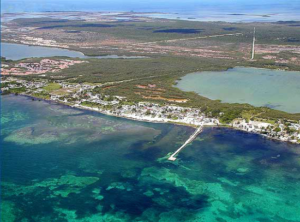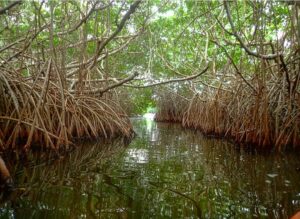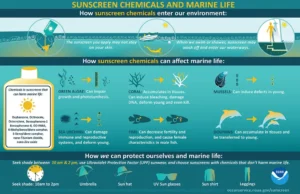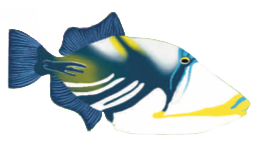
Marine snails, those graceful inhabitants of the oceans, hold a quiet yet essential place in the intricate tapestry of marine life. Their significance stretches beyond their beauty and diversity, touching upon the health of marine ecosystems and the preservation of delicate coastal habitats. Nowhere is this more evident than in Xcalak, a coastal haven that has embraced a fishing ban to protect its marine treasures and inspire a movement of responsible conservation.
Marine Snails: Intricacies of Nature’s Artistry
Marine snails, members of the gastropod class, are a diverse group encompassing various species with distinctive shells and behaviors. From the delicate beauty of cowrie shells to the robust defense mechanisms of whelks, marine snails display an array of adaptations that have allowed them to thrive in the ever-changing underwater landscapes. These creatures play roles in food chains, nutrient cycling, and even the formation of coral reefs.
Xcalak’s Fishing Ban: A Model of Conservation
Nestled along the Caribbean coast of Mexico, Xcalak is a coastal community that has chosen to prioritize the conservation of its marine resources through a fishing ban. This proactive decision acknowledges the vital role that marine snails, coral reefs, and other marine life play in maintaining the health of the ocean. By restricting fishing activities, Xcalak aims to ensure the sustainability of its marine ecosystems for current and future generations.
The Vital Connection: Marine Snails and Coral Reefs
Coral reefs and marine snails share a symbiotic relationship that underscores the interdependence of marine life. Snails, such as the famed Queen Conch, graze on algae that compete with coral for space and resources. By keeping algae in check, marine snails indirectly support the growth and vitality of coral reefs. Healthy reefs, in turn, offer shelter and food sources for various marine species, forming complex ecosystems.
The Consequences of Overexploitation
The harvesting of marine snails for their shells and flesh has led to overexploitation and depletion of populations in various regions. The Queen Conch, a beloved species, has faced significant decline due to unsustainable fishing practices. These declines can have cascading effects on marine ecosystems, disrupt food webs, and even impact local economies dependent on tourism and fisheries.
A Plea for Responsible Consumption
When visiting coastal areas like Xcalak, it’s essential to practice responsible consumption and appreciation of marine life. While collecting shells and experiencing marine diversity is a rewarding experience, it’s crucial to avoid removing live marine snails from their habitats. This practice helps protect populations from further decline and preserves the delicate balance of marine ecosystems.
Conservation Ethics: Leaving No Trace
Xcalak’s conservation efforts extend beyond fishing bans to encompass the protection of coral reefs and marine habitats. Taking coral fragments or shells as souvenirs may seem harmless, but it can have severe consequences for marine ecosystems. Coral fragments, for example, play a crucial role in reef recovery and growth. By leaving no trace and appreciating marine beauty in its natural setting, we contribute to the preservation of these vital habitats.
Educating and Inspiring Change
Education plays a pivotal role in fostering a culture of conservation. By raising awareness about the importance of marine snails, the significance of coral reefs, and the implications of unsustainable practices, Xcalak and similar communities empower individuals to become stewards of the ocean. Educational programs, signage, and community engagement initiatives are powerful tools for inspiring change.
The Path Forward: Collaboration and Preservation
In a world where marine ecosystems face increasing threats, the example set by Xcalak’s fishing ban and conservation efforts offers a beacon of hope. By recognizing the vital role of marine snails and embracing responsible practices, we can ensure the longevity of these incredible creatures and the habitats they call home. Through collaboration between communities, governments, and conservation organizations, we can pave the way for a future where marine snails continue to grace our oceans’ depths.
In conclusion, marine snails are emblematic of the delicate balance that characterizes marine ecosystems. Their interactions with coral reefs, the proactive conservation efforts of Xcalak, and the imperative of ethical consumption emphasize the need to protect these treasures of the sea. By valuing and safeguarding marine snails, we contribute to the preservation of biodiversity, the health of our oceans, and the legacy of responsible stewardship for generations to come.

